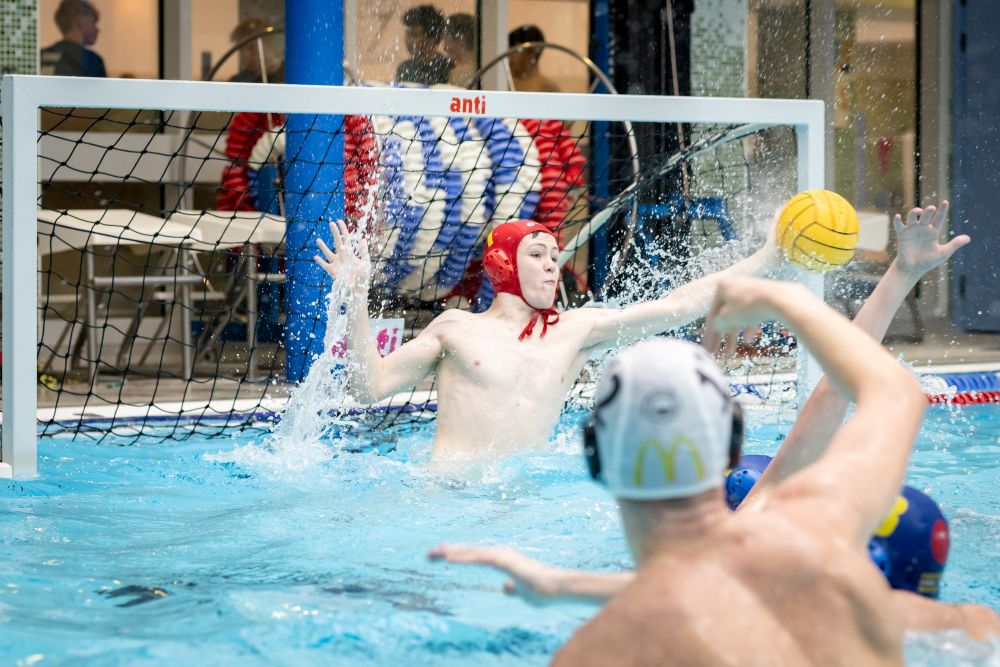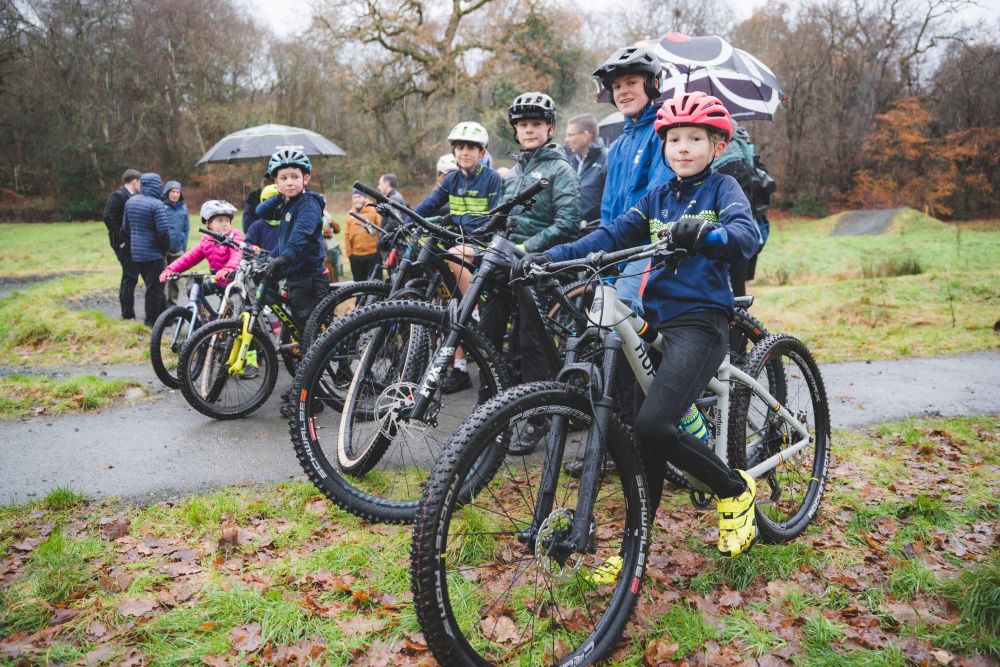Golf has an ability to bring people together, encouraging activity and social connection in those who may not otherwise engage. At Dunnikier Park Golf Club in Kirkcaldy, this mission is at the heart of their activities. Since its inception, the club has focused on welcoming members of the local community – both golfers and non-golfers alike.
To date, the driving force behind these efforts to improve physical and mental health and wellbeing is Dunnikier Park Community Golf, the charitable arm of Dunnikier Park Golf Club, set up in 2021. The aim is to introduce a simple, safe and fully inclusive version of golf that everyone can play – Park Golf – a game that originated in Japan in 1983. Thanks to their partnership with Fife Golf Trust, who are responsible for maintaining the course, and support from Active Fife, Active Fife Schools and Business Gateway Fife, Park Golf has found a home in Scotland.

“The support from our partners has been tremendous,” says Martin Christie, Chair of Dunnikier Park Community Golf. “Their backing and the buy-in from the many local community support groups and local schools have been pivotal.”
Dunnikier Park Golf Club has embraced inclusivity with its Park Golf initiative, offering opportunities for people of all ages and abilities to engage in an innovative adaptation of the famous sport.
What is Park Golf?
Park Golf is a simplified version of golf, designed to be accessible, fun, and easy to play. Players use a single mallet-style club and a ball on a short course. It’s mildly physical, requires minimal technical skills, and is a safe way to enjoy the outdoors.
The concept was introduced to Scotland by Dunnikier Park Community Golf, which is affiliated to the Nippon Park Golf Association. “We identified it as a sport that could work here, brought it to Scotland, and now we’re an official member of the association. So that gives us a sense of authenticity,” Martin adds.
Fife Golf Trust constructed the course - a short, six-hole, 500-yard course, including practice bays. Funding from Fife Golf Trust, Kirkcaldy Area Committee, Scottish Golf and Dunnikier Park Golf Club made the installation possible. Funding from the Community Mental Health and Wellbeing Fund and the Our Minds Matter Fund, facilitated by Fife Voluntary Action, Fife Council, and the Scottish Government, supported the purchase of park golf clubs, balls and hospitality costs. The course is designed to cater to everyone, from primary school children to care home residents, making golf more accessible than ever before.
The club’s efforts and projects are targeted at reaching people facing various life challenges.
They work with a broad spectrum of groups, including care home residents, individuals recovering from addiction, dementia support groups, asthma and bereavement support networks, and more. Local schools and youth groups are also key participants, ensuring that the benefits of Park Golf extend to younger generations, offering a pathway to traditional golf. “Our priority is to introduce Park Golf to more people in Scotland. It’s a sport for all ages and abilities, bridging gaps and fostering connections across our community. Our inter-generational events are a great example of this,” Martin explains.
Connecting with Schools and the Community
A key component of Dunnikier Park Golf Club’s strategy is its collaboration with local schools.

“The idea is for schools to bring pupils to enjoy a round of Park Golf. It only takes about an hour to play, making it a perfect fit for school schedules,” says Martin. Schools have embraced the initiative, with pupils benefiting not only from the physical activity but also from improved coordination and confidence. “It’s amazing to see the improvements in some kids. Even just getting them out playing golf can be a significant achievement,” Christie adds.
Beyond schools, the club hosts a range of community functions, from Halloween nights to family parties and weddings, reinforcing its role as a welcoming hub for the local area. Partnerships with organisations like Alzheimer Scotland further demonstrate its commitment to inclusivity and being a dementia-friendly venue.
Dunnikier Park’s park golf activities caught the eye of Scottish Golf who featured the charity’s engagement with Care Homes and Phoenix Futures (a drug and alcohol rehabilitation support group) in their docuseries released in October 2024.
The broader context of golf clubs in Scotland reveals a sector grappling with change. “Across Scotland, golf clubs are facing financial challenges mainly due to reduced footfall in their clubhouses – and I think COVID exacerbated this trend” Martin acknowledges. Unlike most clubs, Dunnikier Park’s income relies on bar and catering services and private fees, rather than on green fees. Thanks to careful management and increased footfall from Park Golf, and with support from the Community Mental Health and Wellbeing Fund, the club has been able to grow its inclusive approach. However, cost remains a crucial consideration for participants. “No vulnerable groups are charged to play,” Martin says. “Of course, donations are welcome, but there’s no pressure to pay. Volunteers host sessions, and after a game, players gather in the clubhouse for free tea, coffee, and biscuits. It’s as much about the social interaction as the sport itself.”




